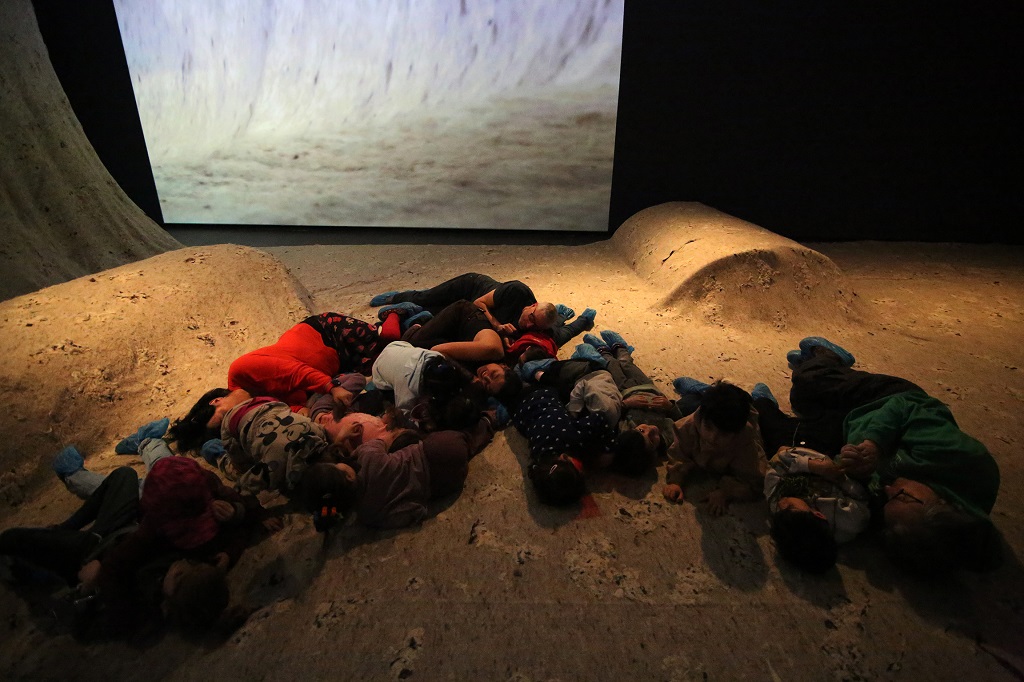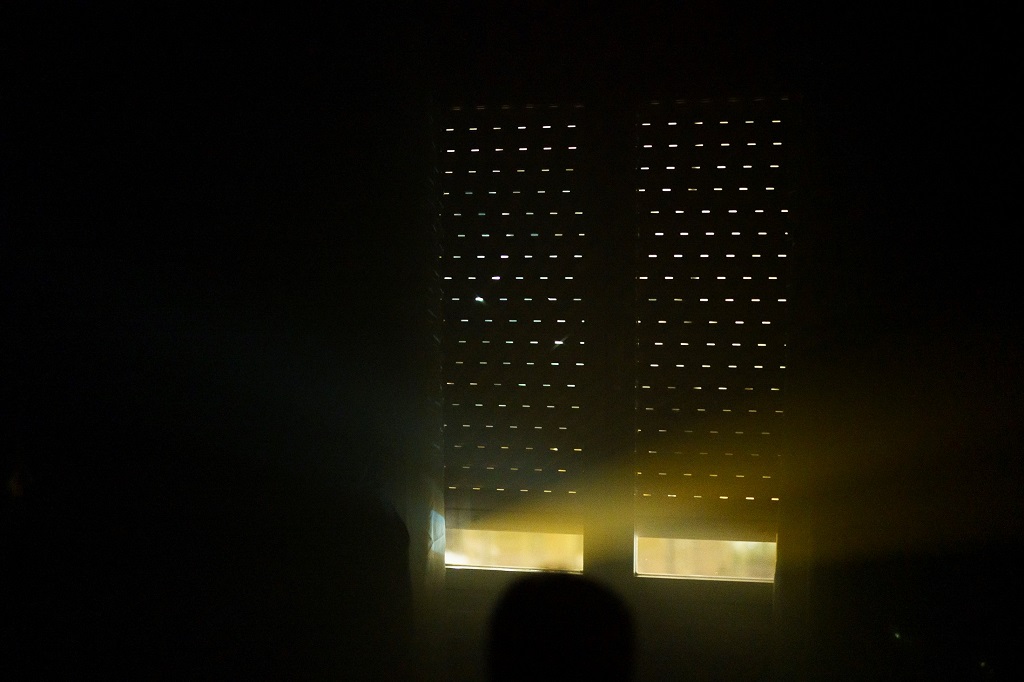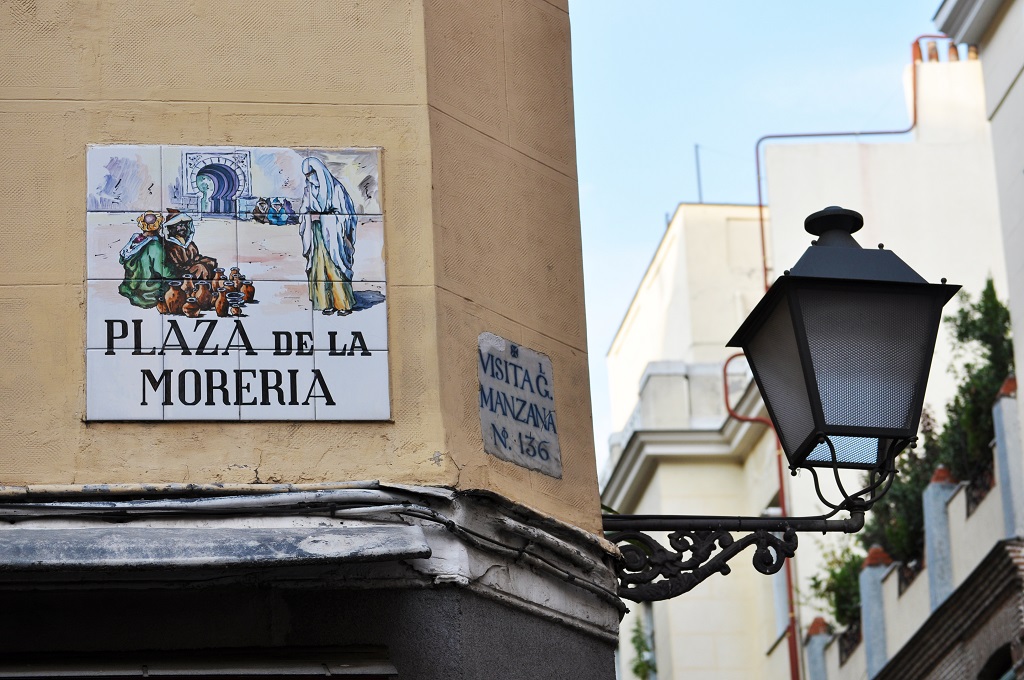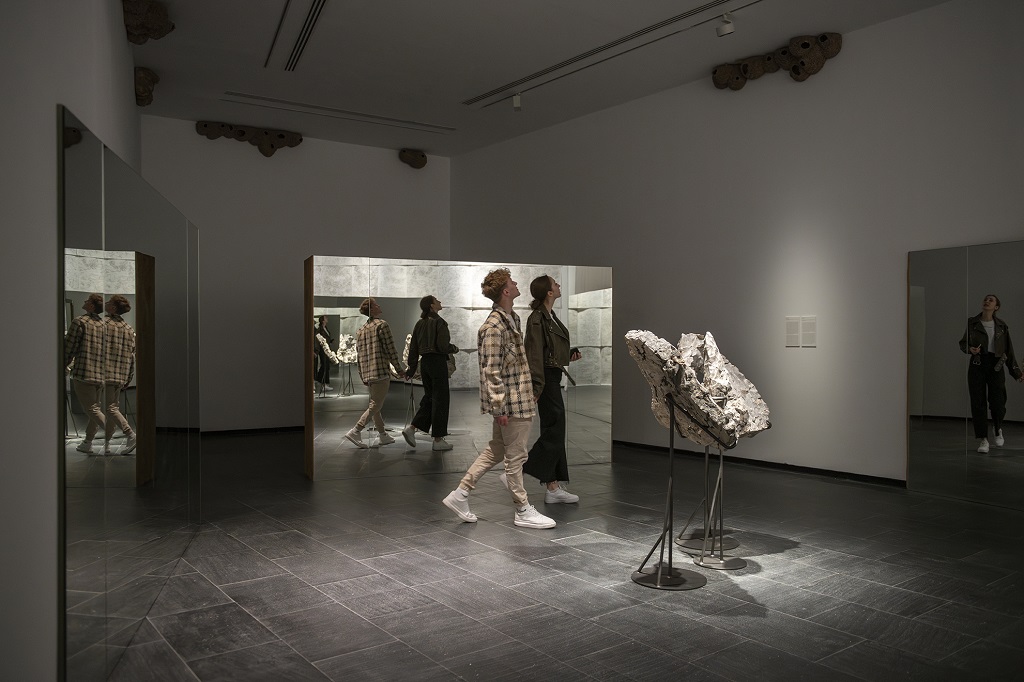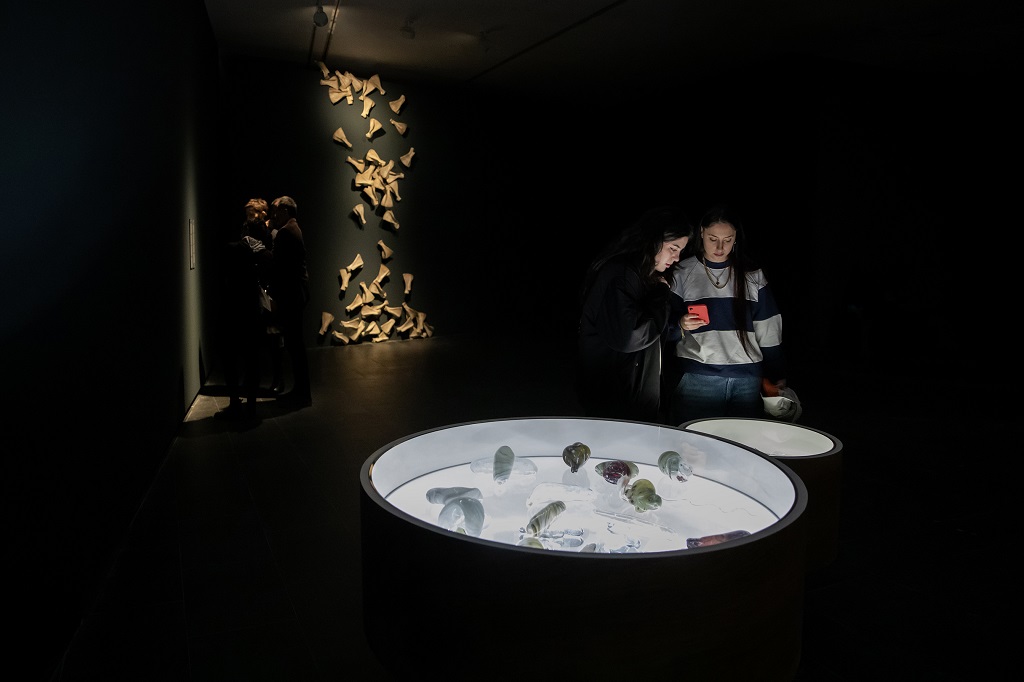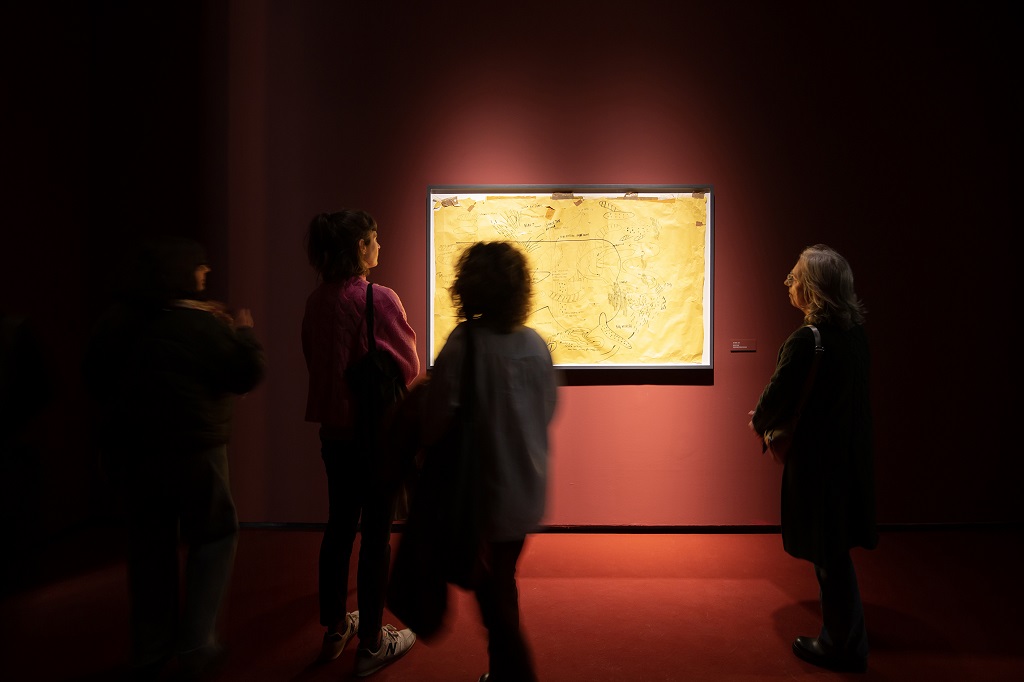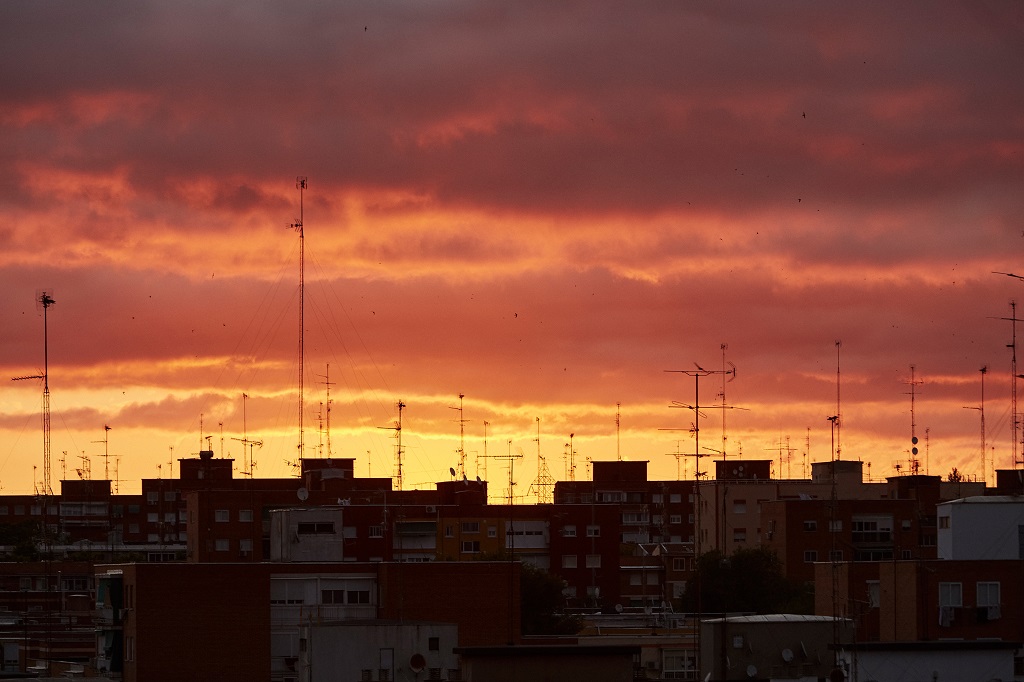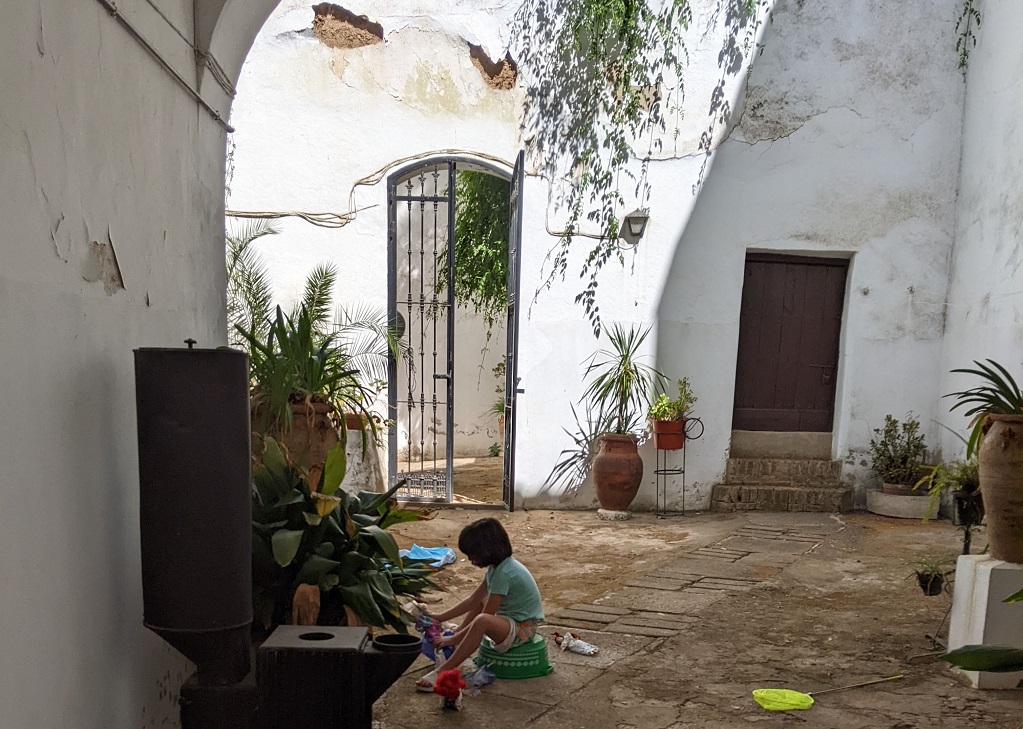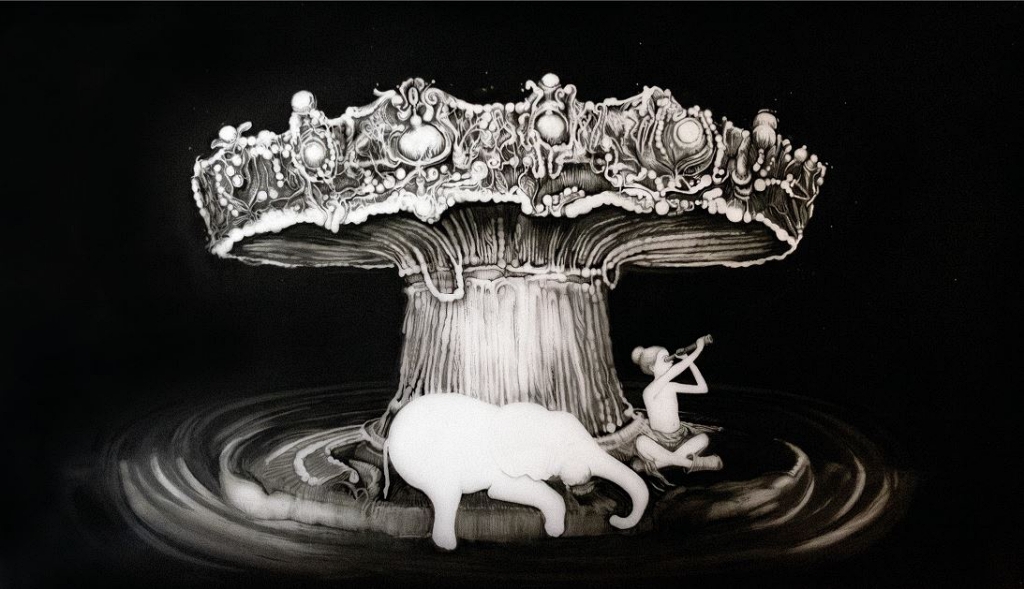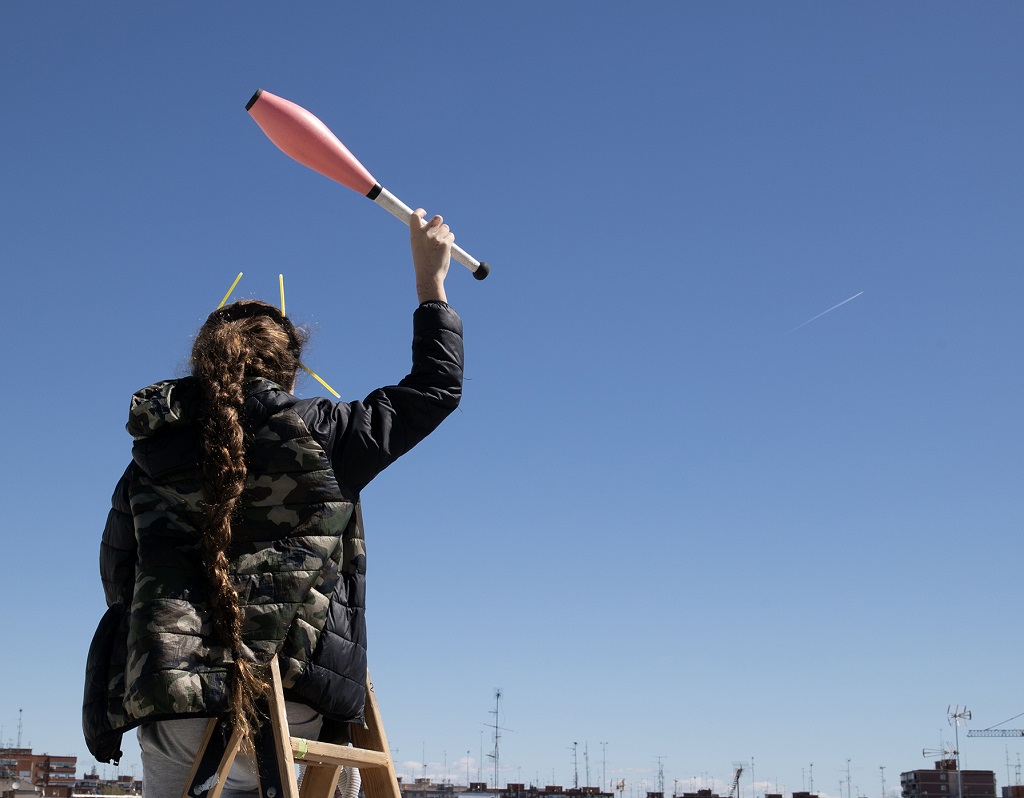Directed by Inés Plasencia, Noemí de Haro and Patricia Mayayo.
The Conference on the Study of The Image is an event dedicated to collective reflection on the theory, practice, semantic openings and contemporary demarcations of visual cultures. It includes a forum for debate, seminar and workshops, as well as a public call for research projects (details below).
This conference is an encounter of artistic, theoretical and activist perspectives on mental health and attempts to address these intersections through specific collaborative artistic practices as well as public participation. Even before the Covid-19 pandemic unleashed a wave of depression and anxiety-related disorders, the question of its impact on particular, very specific communities, as well as critiques of certain medical positions related to their diagnosis and treatment, have increasingly come into the spotlight, overwhelming traditional spaces of legitimisation.
Mental health and its connection to neurodivergence are part of a dialogue that is often tense when it comes to treatment methods and curative principles, as well as with denial strategies used against collective causes: particularly critical areas, such as grassroots activist movements and artistic practice, defend personified positions and denounce the violence and the stigmatisation of a great deal of psychiatric practice.
At the same time, “over-diagnosis” is prone to critique, among other things, because it excludes the most socially marginalised groups, making them invisible. Artistic and activist practices propose definitions and approaches to mental health that focus on more intimate, affective aspects of mental health, as well as the vindication of visions read as neurodivergent and the importance of networks for overcoming collective discomfort.
These spaces and feelings built around the idea of community self-management of mental health find that creating is not only a tool for healing, but also for protest. The conference, directed by Inés Plasencia, Noemí de Haro and Patricia Mayayo, will include talks, participatory workshops, dialogues between artists, presentations of projects and communications selected through open calls, as well as a screening and subsequent conversation with the director.
UAM Coordination: Mónica Salcedo Calvo. This conference is part of the project The audiences of contemporary art and visual culture in Spain. new forms of collective artistic experience since the 1960s (PID2019-105800GB-I00, Agencia Estatal de Investigación). Participants in the programme include: Fernando Balius, Clara López (Mesa Camilla), Ana CSC, María Ruido, Inés Molina, Alicia Utiyama, David Crespo, Sasha Warren, Costa Badía, Silvia Maestre Limiñana, Jesús Etxart, Gemma B. Palacios, Rebecca Tolosa, Toxic Lesbian, Irene García Molina, Rafael Sánchez-Mateos, Fátima Masoud.
INFORMATION NOTE:
- Registration is required in order to attend the conference.
- You can attend individual sessions, but priority will be given to registered participants
- To attend the workshops, you must register for all the conferences. Each workshop lasts 2 mornings. It is only possible to register for one.
- We ask that those who have registered be punctual. If, ten minutes after the start of the first afternoon session, there are empty seats, these may be taken by anyone who has not registered until all the seats are filled.
- Certificates of attendance will be issued for those who attend 80% of the sessions.
-
PROGRAMME
Thursday 16 November.
11:00-14:00 Workshop: From painting mandalas to stories that tell stories. Part 1. Conversations on madness and collective meaning Fernando Balius*
11:00-14:00 Podcast workshop. Pain as a gift: strategies and rituals for mental health care. Part 1. Clara Lopez (Night Table)*
16:30 Start and presentation of the programme.
16:45 A crazy opening conference. Ana CSC (Locus)
17:30 Debate
18:00-18:15 Break
18:15-20:00 Presentation of projects. Session 1. The world as diagnosis.
- It’s not you, it’s ableism. Costa Badía.
- Clinical Report: F84.1. Silvia Maestre Limiñana.
- “DropExpander” (psycho-magnetic embodiment of interferon on basic biological mechanisms). Jesús Etxart.
Friday 17 November.
11:00-14:00 Workshop: From painting mandalas to stories that tell stories. Part 2. Conversations on madness and collective meaning Fernando Balius.
11:00-14:00 Podcast workshop: Pain as a gift: strategies and rituals for mental health care. Part 2. Clara López (Bedside Table).
15:30-17:15 Presentation of projects. Session 2. The shores of art
- “What to cure?” Poetry behind the antiseptic tunnel in Anne Sexton, Unica Zürn and Alejandra Pizarnik. Gema B. Palacios
- Sanctity and neurodivergence: minor artistic practices between the abject and the sacred. Rafael Sánchez-Mateos
- Art brut, bruta tú 100mg. Fatima Masoud.
17:15 Break
17:30-19:15 Presentation of projects. Session 3. Own repair
- (Im)possible images. Rebecca Tolosa.
- Tales that are Never Told and In the Wind. Toxic Lesbian.
- Stories of autistic mothers. Research, dissemination, action. Irene García Molina.
19:15 Break
Saturday 18 November
11:00-12:00 Critical positions from the perspective of artistic practice. Conversation with David Crespo and Alicia Utiyama
12:00 Debate
12:15 Break
12:30 The workshop of the mad. Talk by Sasha Warren
13:15-14:00 Debate
14:00-16:00 Lunch break.
16:00 Public presentation of the workshop: From painting mandalas to stories that tell stories. Conversations on madness and collective meaning Fernando Balius.
17:00 Public presentation of the podcast workshop: Pain as a gift: strategies and rituals for mental health care. Clara López (Night Table)
18:00 Closing speech at the end of the conference.
18:15 Screening. State of discomfort. María Ruido.
19:15-20:00 Debate with María Ruido.
Entrance
The Conference on the Study of The Image is an event dedicated to collective reflection on the theory, practice, semantic openings and contemporary demarcations of visual cultures. It includes a forum for debate, seminar and workshops, as well as a public call for research projects (details below).
28th CONFERENCE ON THE STUDY OF THE IMAGE. CROSSING WORLDS: THE PUBLIC, CONTEMPORARY ART AND MENTAL HEALTH
